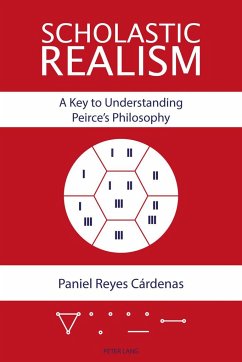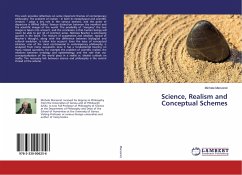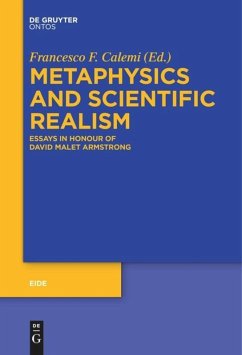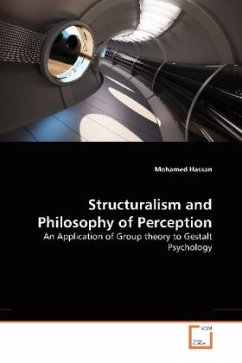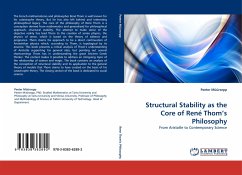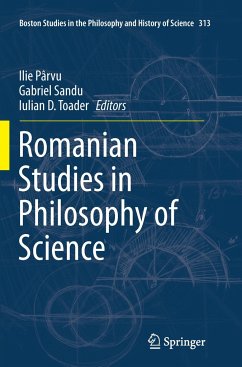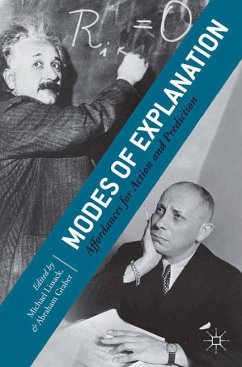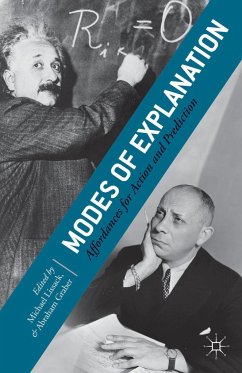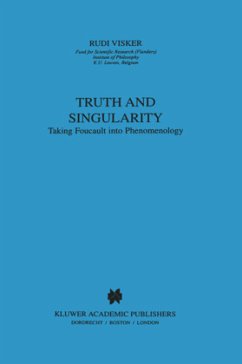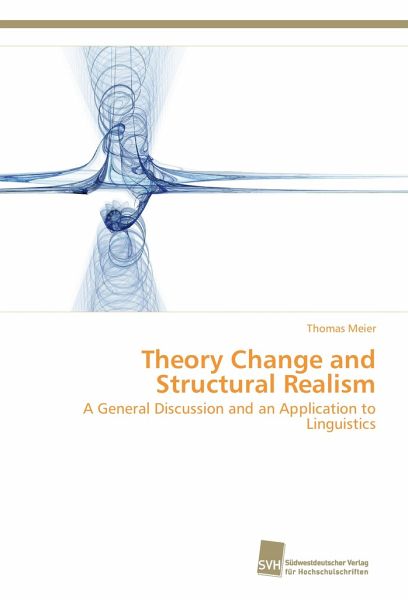
Theory Change and Structural Realism
A General Discussion and an Application to Linguistics
Versandkostenfrei!
Versandfertig in 6-10 Tagen
62,99 €
inkl. MwSt.

PAYBACK Punkte
31 °P sammeln!
Structural realism asserts that our knowledge of the world can best be provided by knowledge of structures, which aim to represent the world adequately, this view is also called the epistemic form of structural realism. In a different way, ontic structural realism states that the fundamental ontological entities are in fact not individuals but structures. Objects, as we speak usually of them, just occupy places in a structure. In this book, the author discusses different aspects of structural realism. He provides a historical discussion of its origins, he discusses and shows the applicability ...
Structural realism asserts that our knowledge of the world can best be provided by knowledge of structures, which aim to represent the world adequately, this view is also called the epistemic form of structural realism. In a different way, ontic structural realism states that the fundamental ontological entities are in fact not individuals but structures. Objects, as we speak usually of them, just occupy places in a structure. In this book, the author discusses different aspects of structural realism. He provides a historical discussion of its origins, he discusses and shows the applicability of this view to linguistics, and he proposes a genuine and new form of a neutralist position in the debate on scientific and structural realism. Neutralism, as a more modest view, solves problems of both scientific realism and antirealism, by making less ontological commitments. It is therefore a promising and ontologically more moderate view in the debate on scientific realism.



